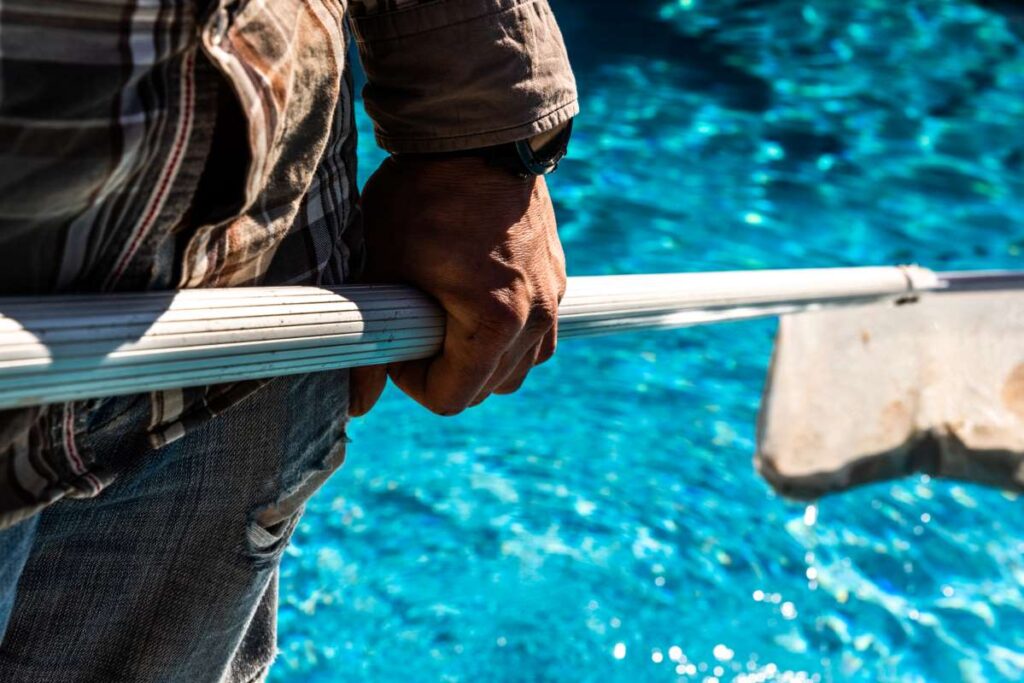How to Protect Pool Equipment from Electrical Surges
Protect your pool equipment from unexpected electrical surges with our comprehensive guide, ensuring longevity and safety for your investment.
Electrical surges can pose a significant threat to pool equipment, leading to costly repairs or replacements. Understanding how to protect your investment is crucial for any pool owner. In this blog post, we will explore various strategies to safeguard your pool equipment from electrical surges, including the causes of surges, the types of equipment at risk, and effective protection methods. By the end of this article, you will have the knowledge and tools necessary to ensure your pool equipment remains safe and operational.
Understanding Electrical Surges and Their Causes
Electrical surges, often referred to as voltage spikes, are brief increases in voltage that can occur due to various factors. Understanding these causes is essential in implementing protective measures.- Lightning Strikes: One of the most powerful causes of electrical surges is a lightning strike. Even if the lightning doesn’t hit your property directly, the electromagnetic pulse it generates can induce surges in electrical systems. – Power Outages and Restoration: When power is restored after an outage, the sudden surge of electricity can damage sensitive electronic equipment. This is particularly common in areas with unstable power grids. – Electrical Faults: Issues within your electrical wiring or circuitry, such as short circuits or overloaded circuits, can lead to surges. Regular maintenance checks can help identify and rectify these problems before they escalate.- Appliance Start-Up: Large appliances, when turned on, can draw significant power, leading to voltage drops and spikes in the electrical system. This is often the case with pool pumps and heaters.By recognizing the potential causes of electrical surges, pool owners can take proactive steps to protect their equipment.
Types of Pool Equipment at Risk
Not all pool equipment is equally vulnerable to electrical surges. Understanding which components are most at risk can help you prioritize your protective measures.- Pool Pumps: As the heart of your pool’s circulation system, pool pumps are particularly susceptible to damage from electrical surges. A surge can burn out the motor, leading to expensive repairs or replacements.- Heaters: Pool heaters are also vulnerable, especially since they often operate at high voltage. A surge can cause significant damage to their internal components.- Lighting Systems: Electrical surges can affect pool lighting, causing bulbs to blow out or the lighting system to fail entirely. This can lead to increased replacement costs and safety concerns.- Automation Systems: Many modern pools have automation systems that control various functions, from lighting to temperature settings. These sophisticated systems can be severely affected by electrical surges, leading to potential malfunctions.Being aware of which specific components are at risk allows you to focus your protection strategies effectively.
Effective Methods for Protecting Your Pool Equipment
There are several practical measures you can implement to protect your pool equipment from electrical surges. Here are some effective strategies:1. Surge Protectors: One of the most effective ways to protect your pool equipment is by installing surge protectors. These devices are designed to absorb excess voltage and prevent it from reaching your equipment. Ensure that you choose surge protectors suitable for outdoor use and rated for the voltage of your pool equipment.2. Grounding Systems: Proper grounding of your pool’s electrical system is essential. A well-grounded system can help redirect excess voltage safely into the ground, minimizing the risk of damage to your equipment.3. GFCI Breakers: Ground Fault Circuit Interrupter (GFCI) breakers are a crucial safety feature for pool equipment. They monitor the electrical current and can quickly shut off power if an imbalance is detected, providing an additional layer of protection against surges.4. Regular Maintenance: Regularly inspecting your pool equipment and electrical systems can help identify potential issues before they lead to surges. Schedule routine maintenance checks with a certified pool technician to ensure your systems are functioning optimally.5. Install a Lightning Protection System: If you live in an area prone to thunderstorms, consider investing in a lightning protection system. These systems can help direct the energy from a lightning strike away from your property, reducing the likelihood of electrical surges.6. Unplug Equipment During Storms: For added protection during severe weather, consider unplugging your pool equipment. While this may not be practical for all systems, it can provide an additional layer of safety for portable equipment.Implementing these measures can significantly reduce the risk of damage to your pool equipment from electrical surges.
Best Practices for Pool Owners
Beyond protective devices and systems, there are several best practices pool owners should consider to further secure their equipment:- Educate Yourself: Familiarize yourself with the electrical systems in your pool. Understanding how your equipment operates can help you spot potential problems early.- Choose Quality Equipment: Investing in high-quality pool equipment can provide better protection against electrical surges. Look for equipment with built-in surge protection or superior manufacturing standards.- Review Insurance Policies: Check your homeowners’ insurance policy to ensure that it covers damages to pool equipment from electrical surges. If it doesn’t, consider discussing options with your insurance agent.- Keep Records: Maintaining records of all equipment purchases, maintenance, and repairs can be beneficial. In the event of damage, having detailed records can expedite the claims process with your insurance provider.- Stay Informed: Keep abreast of local weather forecasts, especially during storm seasons. Being proactive and prepared can help you protect your pool equipment from unexpected surges.By following these best practices, you can enhance the resilience of your pool equipment against electrical surges.
Conclusion
Protecting your pool equipment from electrical surges is essential for maintaining its longevity and preventing costly repairs. By understanding the causes of electrical surges, identifying the equipment at risk, and implementing effective protective measures, you can safeguard your investment. Remember that regular maintenance and staying informed about weather conditions can further enhance your protection strategies. For pool owners looking to expand their services, considering
pool routes for sale in Florida or
pool routes for sale in Texas can be a great opportunity. Take action today to ensure your pool equipment remains safe and operational for years to come!



